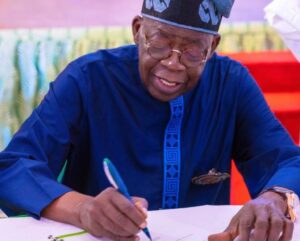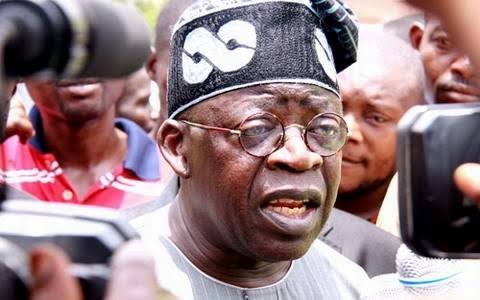In a significant move to revitalize Nigeria’s struggling economy, President Bola Tinubu has approved the injection of N2 trillion. This financial stimulus aims to address pressing economic challenges and provide relief across various critical sectors. The announcement was made by Finance Minister and Coordinating Minister of the Economy, Wale Edun, during the unveiling of an accelerated stabilization and advancement plan at the State House in Abuja.

The N2 trillion package is designed to boost several key areas of the economy over the next six months. The plan includes:
N350 billion for Health and Social Welfare: This allocation aims to improve healthcare services and social support systems, addressing urgent public health needs and enhancing social safety nets for vulnerable populations.
N500 billion for Agriculture and Food Security: This fund is intended to bolster agricultural production, ensure food security, and support farmers with necessary resources to increase productivity and sustain livelihoods.
N500 billion for the Energy and Power Sector: The energy sector, crucial for economic growth, will receive funding to enhance infrastructure, promote sustainable energy solutions, and ensure reliable power supply across the country.
N650 billion for General Business Support: This component focuses on reducing the cost of doing business, lowering interest rates for small and medium enterprises (SMEs) and larger companies, and fostering an environment conducive to business growth and innovation.
The economic plan, presented by Minister Edun, is part of a broader strategy to stabilize and advance the economy. It involves a range of policy measures, tax adjustments, and executive orders designed to reduce operational costs for businesses and stimulate economic activity.
“They (PECC members) were presented with the outcomes of Mr. President’s review of the accelerated stabilization and advancement plan,” Edun stated. “It is an emergency plan to cover the next six months, which Mr. President had directed his economic team, the sub-nationals, and the private sector to put together for his consideration.”
The Nigerian economy is currently grappling with high inflation, exacerbated by the removal of fuel subsidies and the floating of the naira. These measures, though intended to correct long-standing economic imbalances, have led to increased living costs and financial strain for many Nigerians. Labour unions have been vocal in demanding improved wages to cope with the rising cost of living.
In response to these challenges, President Tinubu’s administration has called for patience, assuring the public that the reforms will soon yield positive results. The injection of N2 trillion is expected to provide much-needed relief and set the stage for economic recovery.
President Tinubu’s approval of the stimulus package underscores his administration’s commitment to addressing economic issues head-on and ensuring sustainable growth. The establishment of the Presidential Economic Coordination Council (PECC) and the recent formation of a 30-member committee to focus on short-term economic revival highlight a coordinated approach to tackling the nation’s economic challenges.
“In addition to a range of policy and tax measures, there is a range of executive orders which Mr. President has signed and which are being gazetted to ease the cost of doing business,” Edun explained. “There are a number of funding which will reduce the cost of interest rates for certain sectors, small and medium scale in particular, but also larger companies.”
The N2 trillion injection is a bold step towards economic stabilization and growth. As the government implements these measures, it remains to be seen how quickly they will translate into tangible benefits for the Nigerian populace. However, the comprehensive plan and significant financial commitment signal a strong resolve to steer the country towards a more stable and prosperous economic future.




